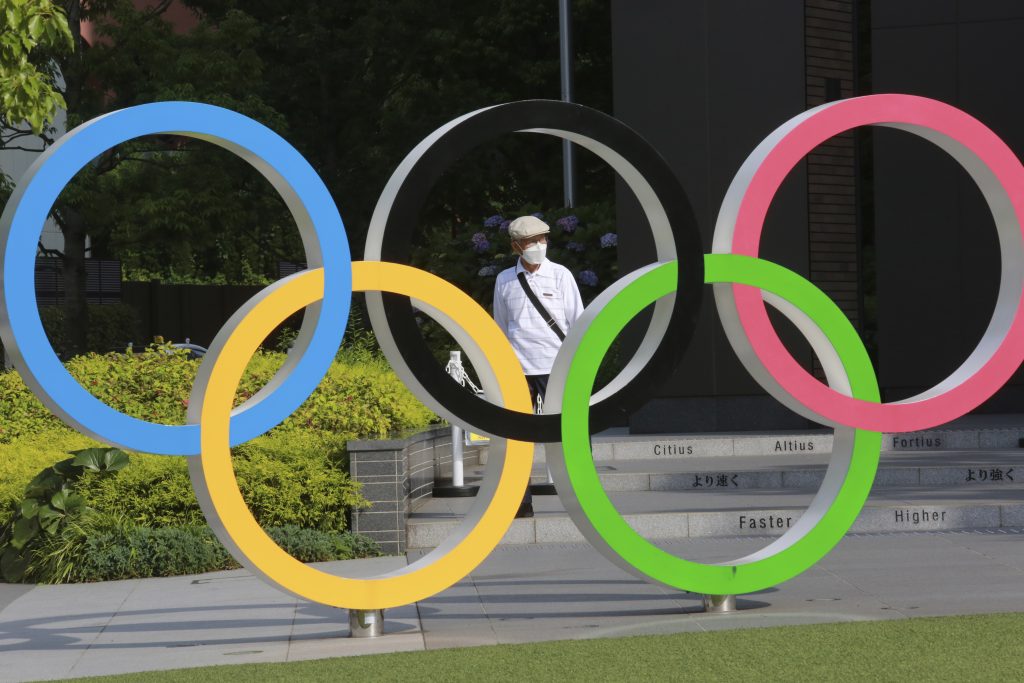A very special Olympics

THE TOKYO Olympics will, after a year of postponement and uncertainty, finally be staged this month. We wish our 57-member delegation the best of luck in what is shaping up to be a very special event for TT.
Already that event is guaranteed to be special, but for the wrong reasons.
For the first time in three decades, this country will not be fielding any competitors in the flagship men’s 100-metre event, with no athlete achieving the 10.05-second Olympic standard to qualify.
While there have understandably been challenges wrought by the pandemic, this is a shocking outcome, given that this event has consistently spawned our greatest Olympic stars, including Ato Boldon, Hasely Crawford and Richard Thompson.
For George Commissiong, the president of the National Association of Athletics Administrations of TT (NAAA), this inauspicious start might have a silver lining down the road. Mr Commissiong feels our performance in the men’s 4x100-metre relay might be improved because participants will focus on that event alone.
The opposite is also true. Having not pushed themselves, our runners might be at a disadvantage.
Though we will not be running the 100-metre race, for the first time in our history TT will participate in judo. Gabriella Wood is TT’s first female judoka to qualify for the games.
And while the men will not be flying the flag in the 100-metre event, that will not stop Michelle-Lee Ahye from competing in the women’s 100-metre event (and the 4x100m relay).
TT will also compete in boxing, rowing, sailing, swimming and cycling.
It is a miracle the games are being held at all. They were postponed last year, on the assumption the pandemic would have been a thing of the past by now. The pandemic had other plans.
With some countries – including TT – still recording new cases and with fears of others opening up prematurely and becoming “variant factories,” a celebration of athletic prowess right now might seem inappropriate. Up to this month a debate has still been raging in Japan as to whether the games should proceed.
Japanese citizens have mixed views, with many against the Olympics being staged. There is fear other than the fact that tens of thousands of athletes, officials and volunteers from over 200 countries will descend. Tourists have been banned, but millions of Japanese citizens might become spectators, raising concerns that this might become a global super-spreader event, especially since vaccination is not mandatory for participation.
However, Japan’s vaccination drive has exponentially accelerated in recent weeks, with a million people being jabbed every day, by some estimates. Almost the entire elderly population will also be fully vaccinated by month’s end. And health officials say the International Olympics Committee can implement controls to minimise risk.
For many, the Olympics is worth staging if only because it is a symbol of global solidarity and human excellence.
It might also be the closest many countries will come to returning to normal for some while yet.


Comments
"A very special Olympics"